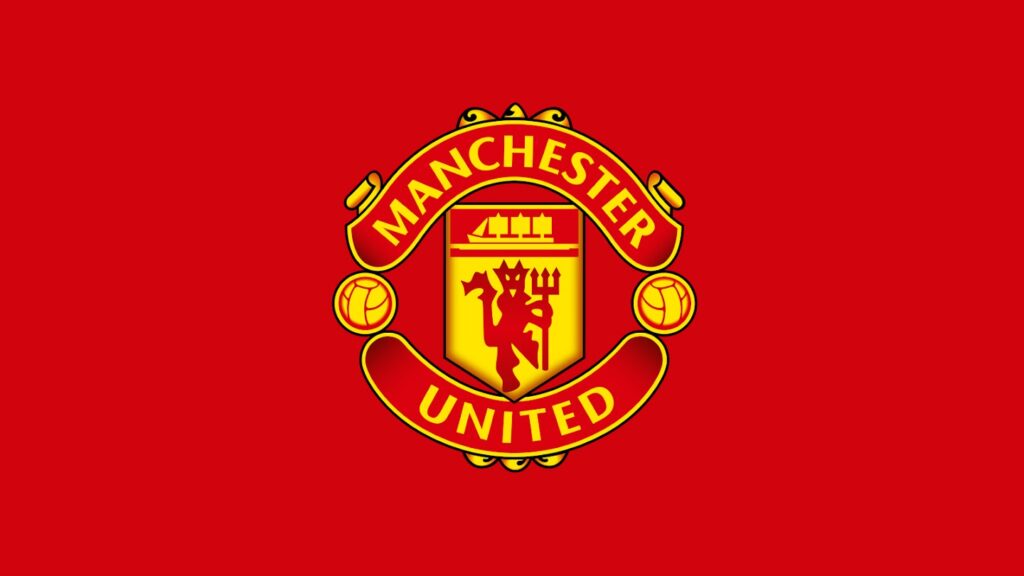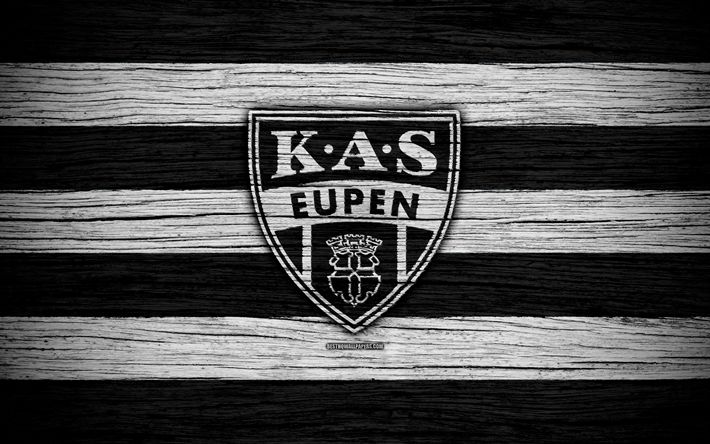
Man United FC
In contemporary football, the creation of legends also involves media influence, global recognition, and the ability to perform in high-pressure moments. The club’s history proves that true legends transcend statistics—they embody the spirit of Manchester United socolivetv.
Tactical Evolution and Playing Philosophy of Man United FC
Manchester United’s playing philosophy has evolved considerably over the decades, reflecting changes in football tactics, managerial influences, and cultural shifts. From the pragmatic approach of early managers to the attacking flair under Sir Alex Ferguson and beyond, understanding this evolution provides insights into how Man United FC has maintained its competitive edge.
The Early Years: Emphasis on Physicality and Direct Play
In its formative years, Manchester United favored physicality, directness, and robust defending. The focus was on overpowering opponents and exploiting quick counterattacks, a style suited to the players and tactical mindset of the time.
This approach allowed the club to dominate at home and maintain competitiveness across competitions. Managers relied on disciplined defensive organization coupled with swift transitions to attack.
The Busby and Fergie Eras: Attacking Philosophy
Sir Matt Busby emphasized attractive, attacking football rooted in technical skill and creativity, which set the stage for the club’s later successes. His teams prioritized possession and fluid movement, inspiring generations of players.
Sir Alex Ferguson’s era refined this philosophy, blending attacking flair with disciplined structure. His teams often employed versatile formations, like the 4-4-2 and later the 4-2-3-1, tailored to exploit opponent weaknesses. Ferguson was adept at motivating players to perform in high-stakes situations, often orchestrating comebacks and last-minute victories.
Tactical Flexibility and Modern Adaptations
Post-Ferguson, Manchester United has faced challenges adapting to the evolving tactical landscape of football. Different managers brought varied philosophies:
- David Moyes focused on stability but struggled to implement a distinct style.
- Louis van Gaal favored possession-based tactics rooted in Dutch football principles.
- Jose Mourinho emphasized defensive solidity and quick counterattacks.
- Ole Gunnar Solskjær attempted to revive the attacking identity but lacked consistency.
Recently, under Erik ten Hag, the club is attempting to integrate a more cohesive tactical identity, focusing on pressing, positional play, and structured build-up. The modern game demands tactical versatility, and Man United FC is actively seeking to blend tradition with innovation.
Personal Insights: The Future of Tactics at Man United FC
The club’s tactical evolution reflects broader trends in football but also its unique identity. Balancing attacking flair with defensive discipline remains key. The adoption of modern tactical systems requires a strong coaching philosophy, player adaptability, and a clear vision.



